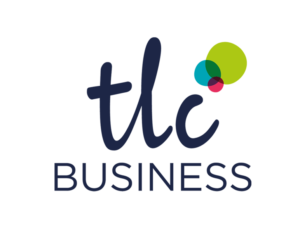#MarketingTitbits – life lessons, distractions, logos
 1. 45 Valuable Life Lessons for People of Any Age
1. 45 Valuable Life Lessons for People of Any Age
Everyone has moments where they need to be reminded of what’s important in life, and thanks ro Regina Brett (New York Times author), here is a comprehensive list to help give you that sense of perspective we all sometimes need from time to time.
Top of her list is ‘life isn’t fair, but it’s still good’, followed by ‘over prepare, then go with the flow’ and ‘however good or bad a situation is, it will change’.
Take a look at all 45 ‘lessons’ to see which ones you’ve still got to learn by clicking here.
2. Reclaim the Hour and a Half You’re Forfeiting to Distractions at Work (Infographic)
According to a study carried out by a subset of the Virgin Group, almost half of employees are distracted for 20 percent of the day. This means that the average worker will throw away between 1 and 2 hours of productive time every day. Surprising right? Fear not, as Entrepreneur has created an infographic to help you on your way to curbing those distractions.
54% of employees revealed that socialising with co-workers side-lined their focus, while 45% admitted that texting and emailing were top distracters. According to the infographic, in order to beat the distractions, a healthy lifestyle is key to getting down to business. For example, 70% of employees say that healthy habits improve their focus, but 70% of people rarely take part in any physical activity.
To read more about the distractions people face and how to overcome them, click here.
3. 40 Hidden Messages in Famous Brand Logos
In order for a brand to be successful, it will often come down to the design of their logos and the meanings they communicate. A logo should convey a brands identity, and as Oomph found out, many well-known brands do so very effectively.
FedEx cleverly hide an arrow between the ‘E’ and ‘X’ in their logo, advertising their speed and accuracy, while the Unilever logo incorporates small singular icons in the ‘U’ that represent aspects of their business. You may also be surprised to find out the origins of many brands like Toblerone and BMW.
Check out the remaining hidden messages by clicking here.

 1. Shh… three Facebook marketing secrets
1. Shh… three Facebook marketing secrets

 1. Nine best practice tips for Facebook advertising
1. Nine best practice tips for Facebook advertising
 1. Coke Life is the harbinger of death for Coca-Cola
1. Coke Life is the harbinger of death for Coca-Cola 1. Charity defeats memes: ice bucket challenge hits 1 billion YouTube views
1. Charity defeats memes: ice bucket challenge hits 1 billion YouTube views

 1. The best jobs for every personality type
1. The best jobs for every personality type





